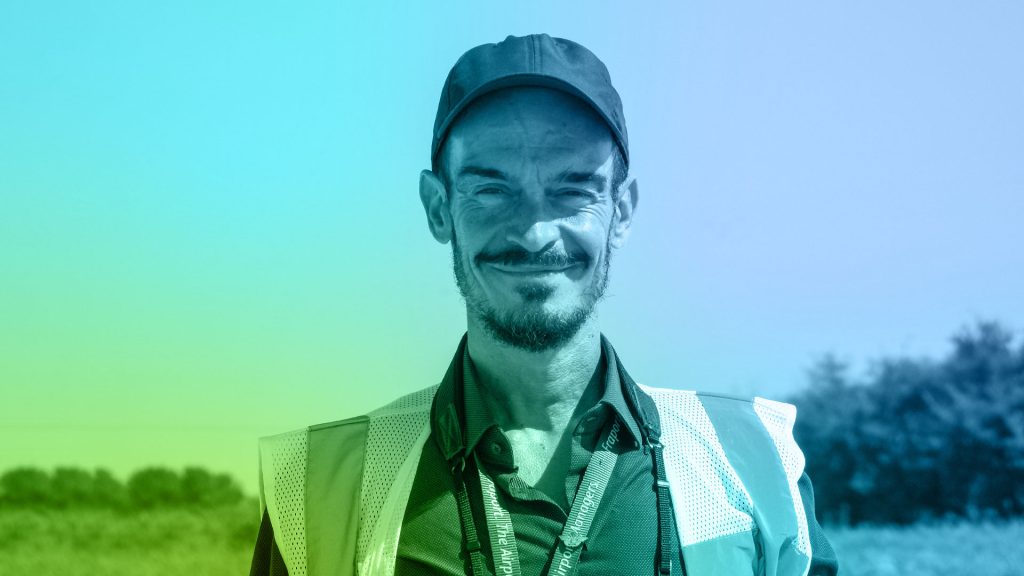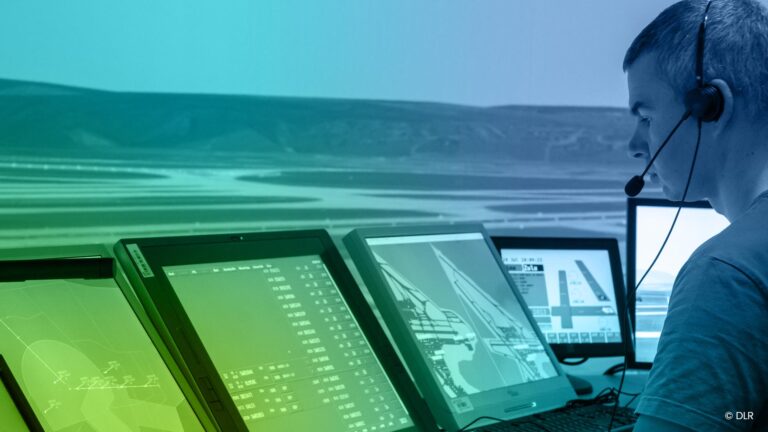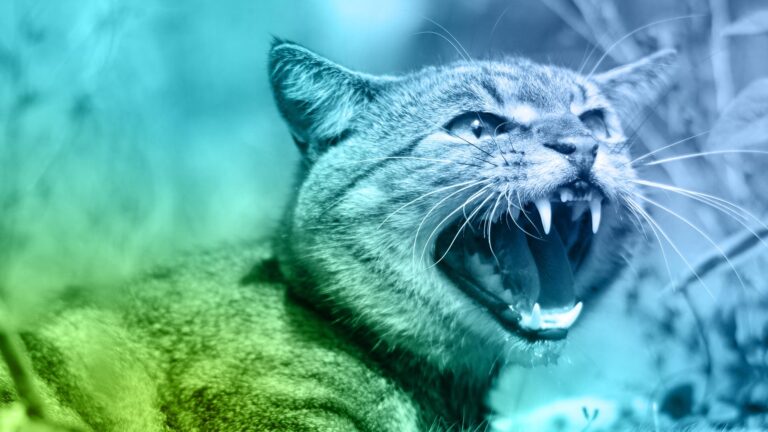Dionysios Ntampakis has been Wildlife Hazard Manager with Fraport Greece since January 2017, returning to Greece that year after spending several years in Berlin.
In Germany, he ‘worked for a while, and studied for his master’s in aviation management at the Technical University of Applied Sciences (TH Wildau)’, just south of Berlin. He also holds a master’s degree in science from Reading University in the UK in wildlife management, conservation and control. In Greece, back in the ’90s he did his Bachelor of Science in Forestry and Natural Environment at the Aristotle University of Thessaloniki.
Under a 40-year concession agreement, Fraport Greece is operating a number of regional (civilian) airports in Greece, including: Corfu, Kavala, Kefalonia, Kos, Mitilini, Mykonos, Rhodes, Samos, Santorini, Skiathos, Thessaloniki and Zakynthos.
Ntampakis and the team have spent the past six years, with COVID interruptions, developing a comprehensive wildlife hazard management program with manuals tailored to each airport. ‘Greece is a mountainous country’, he says, ‘with the highest mountain, (the mythologically famous Mt Olympus) rising to 2917 metres. With its island ecosystems on the Mediterranean Sea and being on the migratory path for many bird species, Greece has a rich biodiversity.’
‘The system is evolving all the time’, Ntampakis says, ‘so your wildlife hazard management techniques need to adapt. What works for one species at one site will not necessarily work at another site.’
Fraport’s regional Greek airports felt the brunt of the COVID pandemic. ‘We are now back to ops normal, (or the ‘new normal’). In 2019, our traffic was up to 30 million passengers, in 2020 went down to 8 million, while in 2022 that rose to 31 million, and for the first half of this year, we’ve seen a 14.3 per cent increase on that figure.’
The lasting impacts have been changes in some species behaviour, such as the Yellow-legged gull (Larus Michahellis). Before the pandemic, he says, ‘these gulls used to breed on isolated islands, but now you see it breeding in cities on the rooftops of buildings.’ They’re opportunistic scavengers, and very adaptable.
Fraport Greece uses a wide variety of both active and passive WHM techniques, techniques which are monitored constantly and adapted to changing circumstances. For dispersal, the airside supervisors (‘follow-me’ car) and the wildlife control team are equipped with bioacoustics (alarm or distress signals), digital sounds, which Ntampakis says ‘are not my favourites – they’re too noisy’ and pyrotechnics.
‘We have trialled the use of anti-bird lasers at Thessaloniki Airport “Makedonia’’,’ he says. ‘It’s a certified product for airport use, which does not harm humans or animals. We introduced the product after lots of discussion with ATC, and the airlines, and consultation with the Greek CAA and the Hellenic Air Force. You’ve also got to ensure that the people use it, and do it properly, and provide feedback. It has been greeted with lots of enthusiasm from the team, who understand our efforts to make their job easier and more interesting.’ The laser was exceptionally effective in dispersing ducks, gulls, herons and pigeons.
Lethal control is used sparingly. On the island of Corfu, the team undertook lethal control of the isolated population of pheasants. ‘They were captive-bred pheasants, not wild ones, released by one of the hunting associations. They were difficult to remove from the airport, as they don’t fly away when they’re scared, just hide. We’ve got the population down to about 20 or 30 birds now.’
Fraport Greece also undertakes passive wildlife management at the network of regional airports it operates, with ‘extensive habitat management which takes into account other species which live at the airports – butterflies, other insects, snakes etc, and the biodiversity of the region’. Grass cutting is used to control some species, drainage canals are maintained to enable efficient water run-off, and in the initial years of Fraport Greece management, some tree cutting took place.
What challenges does Ntampakis see in the future?
‘Firstly, will be the increase in air traffic’, and the pressure that places on WHM.
‘Then there’s the fact that we are operating many airports very close to attractants, either built near wetlands, or close to the Mediterranean Sea. We’re seeing increasing gull populations because of the lack of effective waste management practices.’
As is the case with many Australia airports, some of Fraport’s regional Greek airports, such as Kavala, were not built on optimal sites for WHM. ‘The airport does not have much traffic’, Ntampakis says, ‘but Kavala is next to a major European (Ramsar) wetland, so it has a higher risk profile.’
Thirdly, training. During the pandemic, Fraport Greece switched to e-learning for delivery of training. ‘We had put a lot of effort into training about 200 personnel, and from that have a pool of about 50 people who stand out for their enthusiasm and are like experts’. But the pandemic changed everything. Ntampakis says the future will probably be hybrid – ‘we found that to travel required a lot of resources, so we’ll probably have something in the middle’ using the best of face-to-face and online app delivery.
Like Australia, Greek aviation is suffering from a loss of personnel. ‘People are coming and going’, he says, ‘and it happens very quickly.’
And finally, sustainability, ‘It’s something I believe in.’ The new European directive for corporate social responsibility will require companies to disclose data on their impact on society and the ecosystem, in line with the Global Reporting Initiative Standards (GRI). Reporting on emissions impact will be required in 2024, followed by reporting on biodiversity impact.
‘It’s not just a compliance issue’, he says. ‘You only have to look at Santorini – it’s a very well-known tourist destination, but it’s just a small rock in the Mediterranean. More tourists means more impact on the island’s rich terrestrial and marine ecosystem, more facilities, more waste. We need to promote less famous destinations and develop them in a more sustainable way.’




